The unconventional Pope Francis
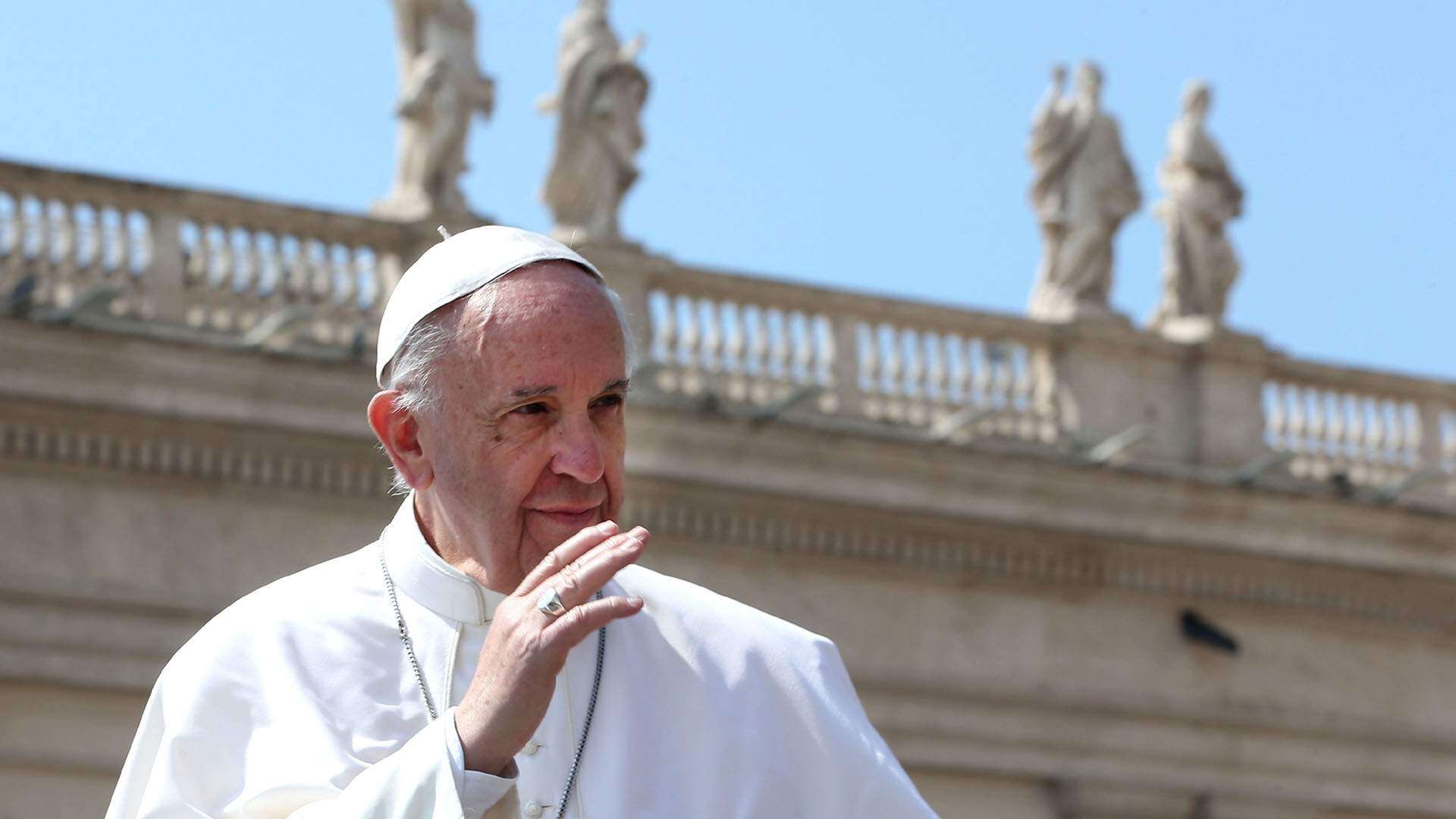
The unconventional Pope Francis
With Pope Francis celebrating his 82nd birthday on Monday, check out the ways hehas changed the tone of the papacy.
Popular ahora

Bienvenido a Noticel
Empieza a crear una cuenta
Verificación de cuenta
Te enviaremos un correo electrónico con un enlace para verificar tu cuenta. Si no lo ves, revisa tu carpeta de correo no deseado y confirma que tienes una cuenta vinculada a ese correo.
Has olvidado tu contraseña
Introduce el correo electrónico de tu cuenta y te enviaremos un enlace para restablecer la contraseña.
Has olvidado tu contraseña
Le hemos enviado un correo electrónico a {{ email }} con un enlace para restablecer su contraseña. Si no lo ve, revise su carpeta de correo no deseado y confírmeme que tiene una cuenta vinculada a ese correo electrónico.
Personaliza tu feed
Verifica que tu dirección de correo electrónico sea correcta. Una vez completado el cambio, utiliza este correo electrónico para iniciar sesión y administrar tu perfil.
Elige tus temas
- Deportes
- Economía
- El Tiempo
- Entretenimiento
- Más
- Noticias
- Opiniones
- Última Hora
- Vida y Bienestar
- Videos y Fotos

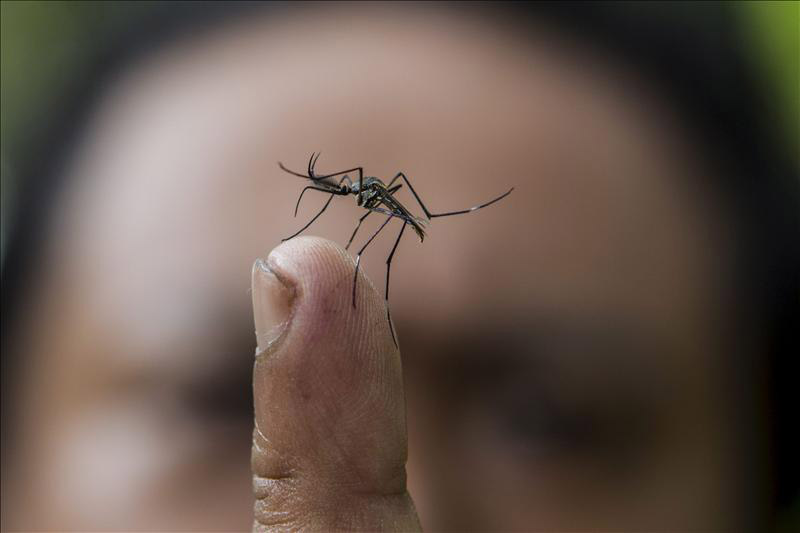
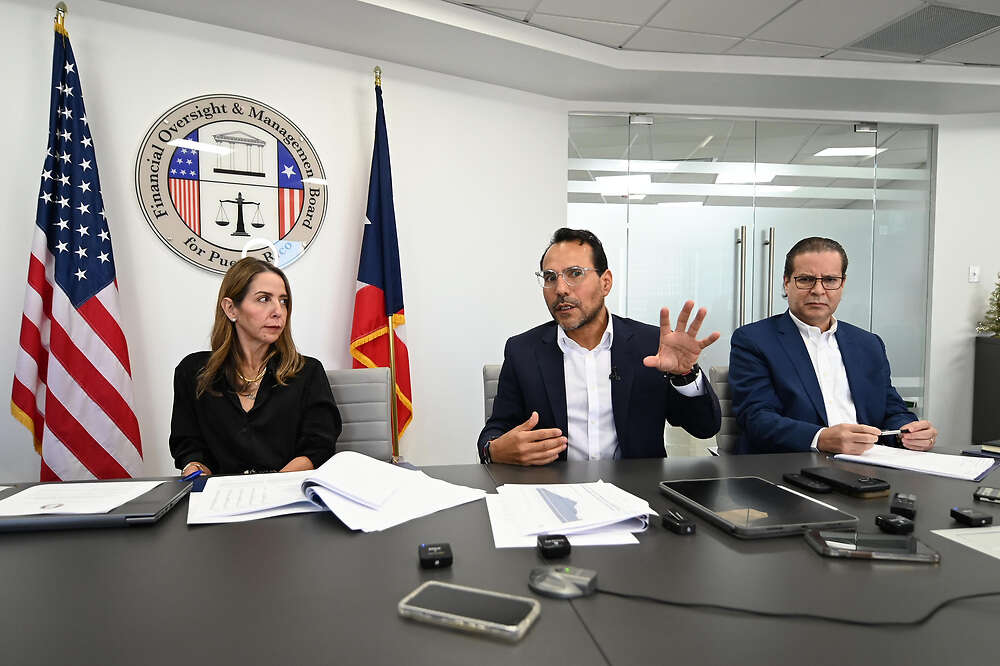
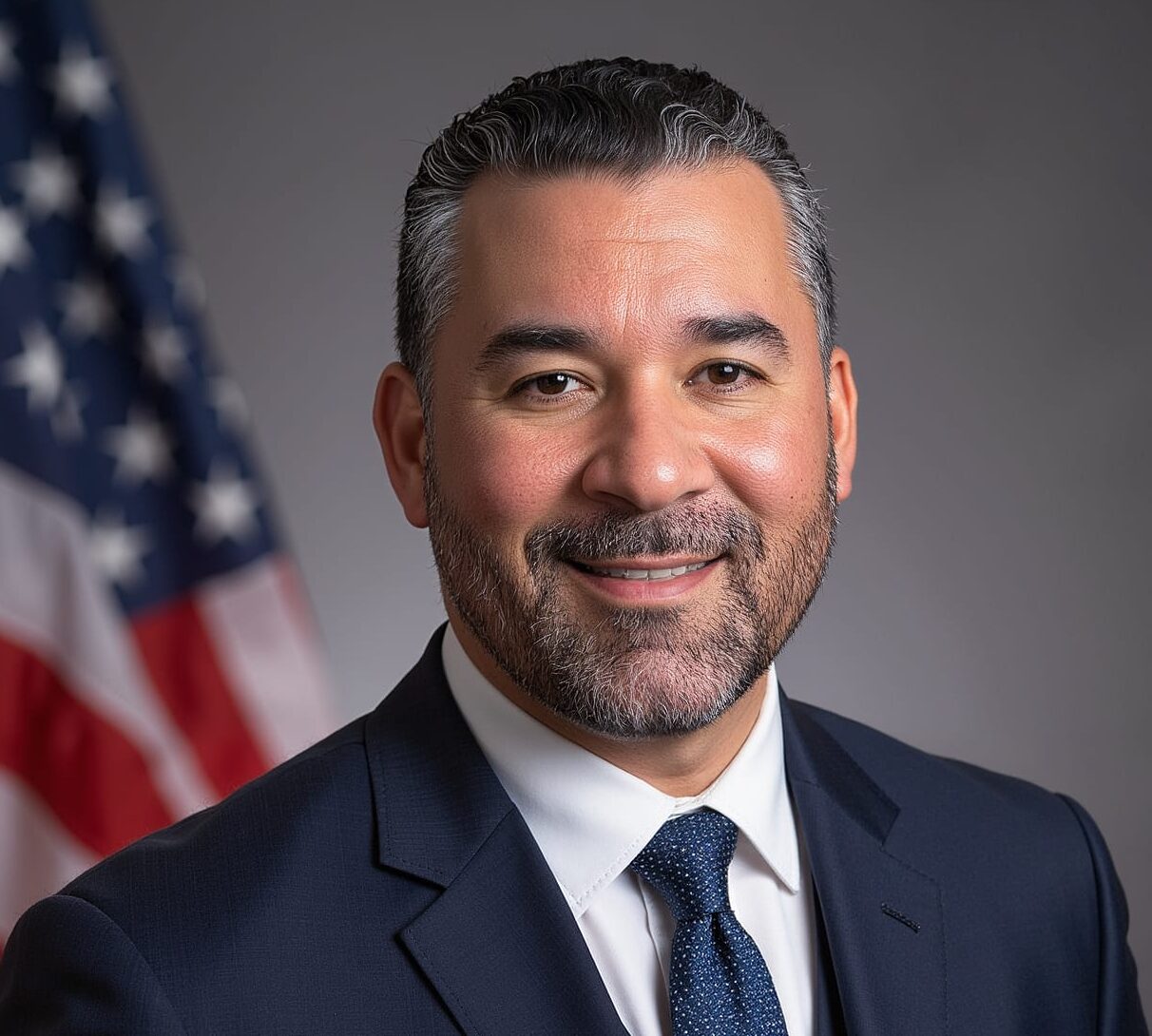



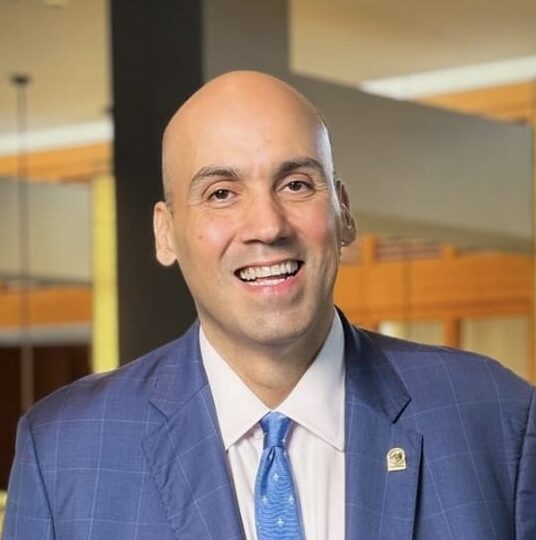
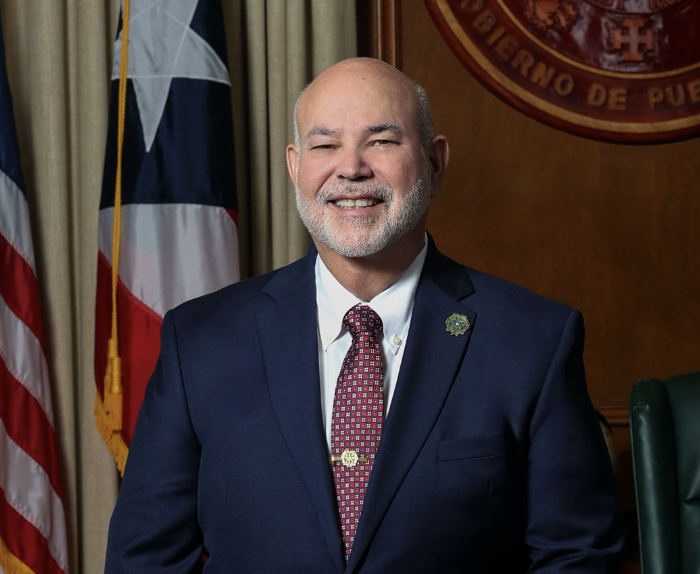
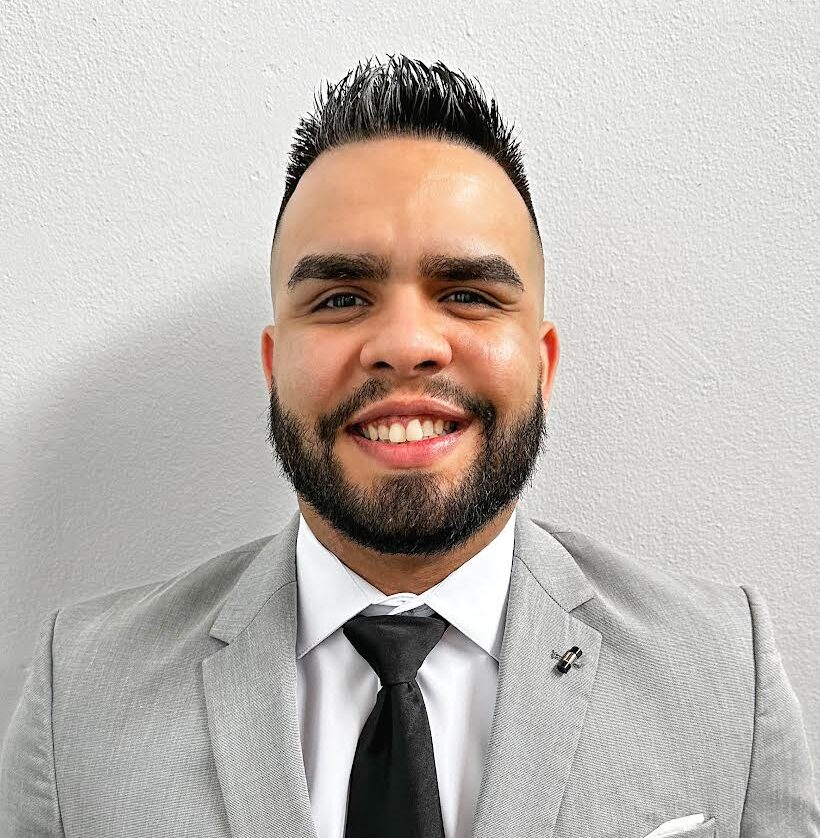
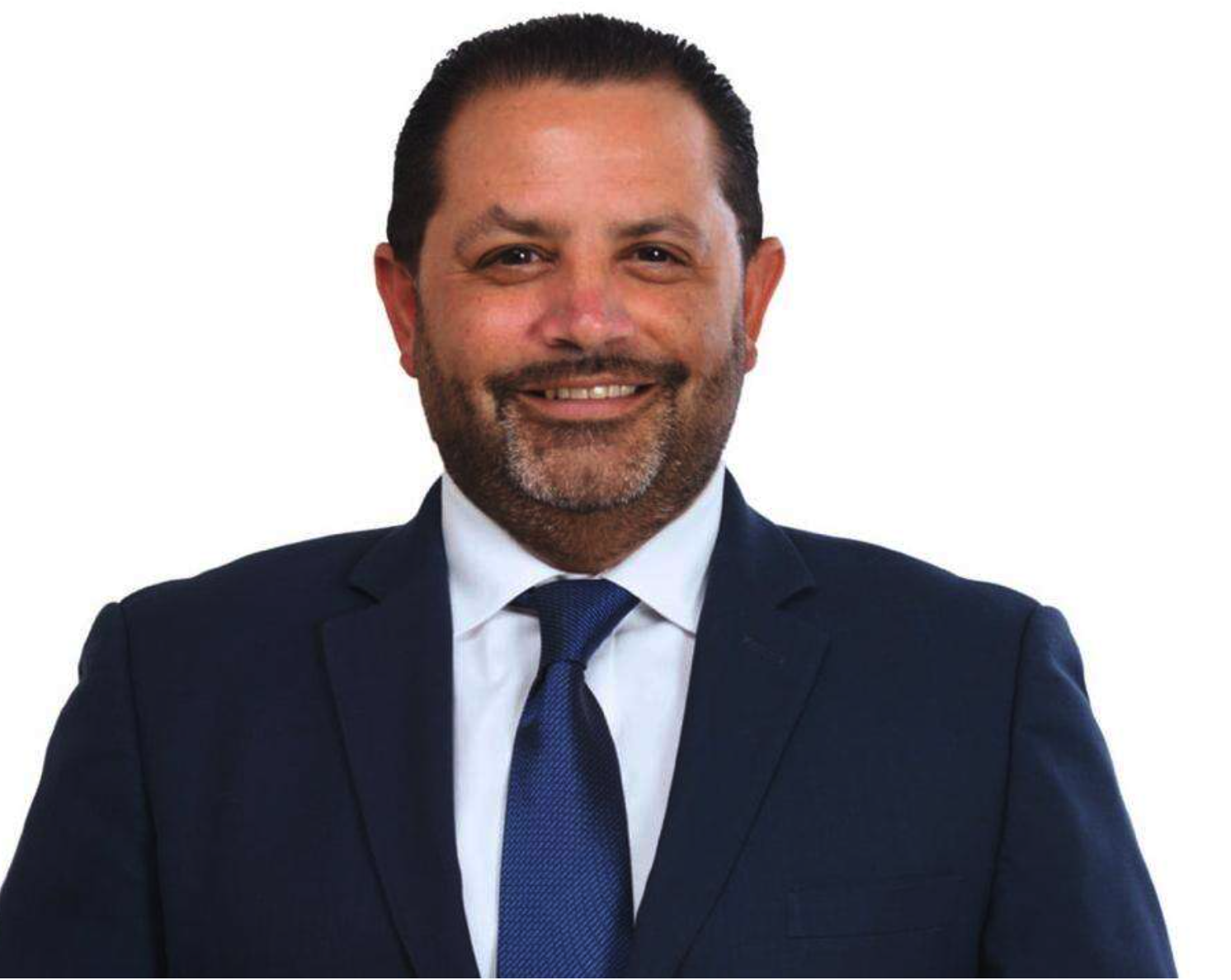

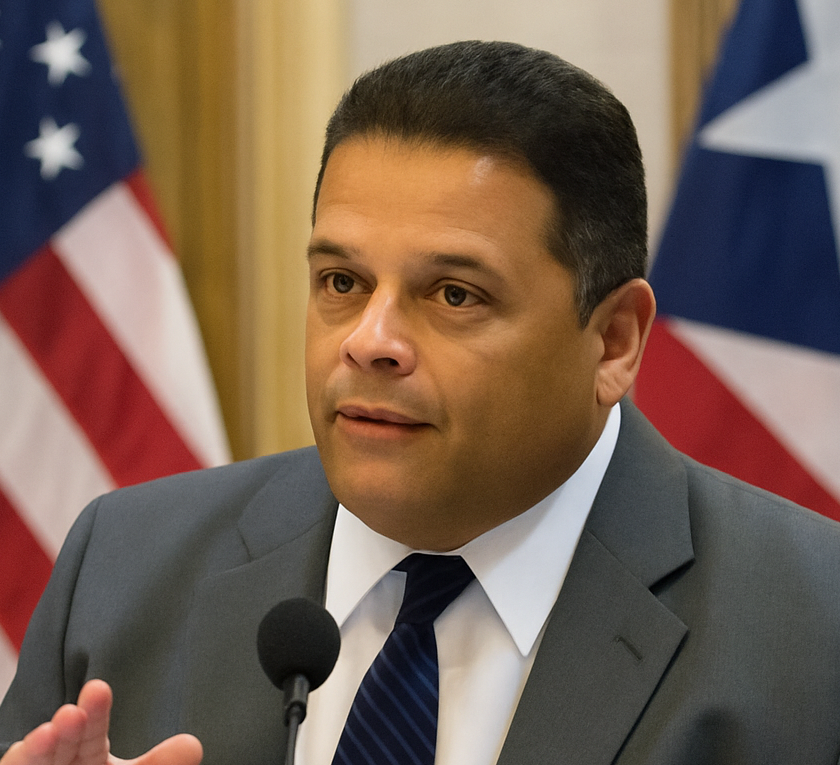


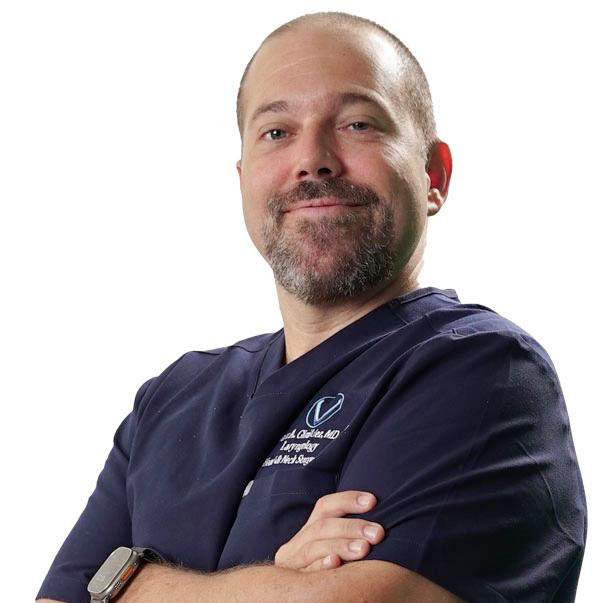
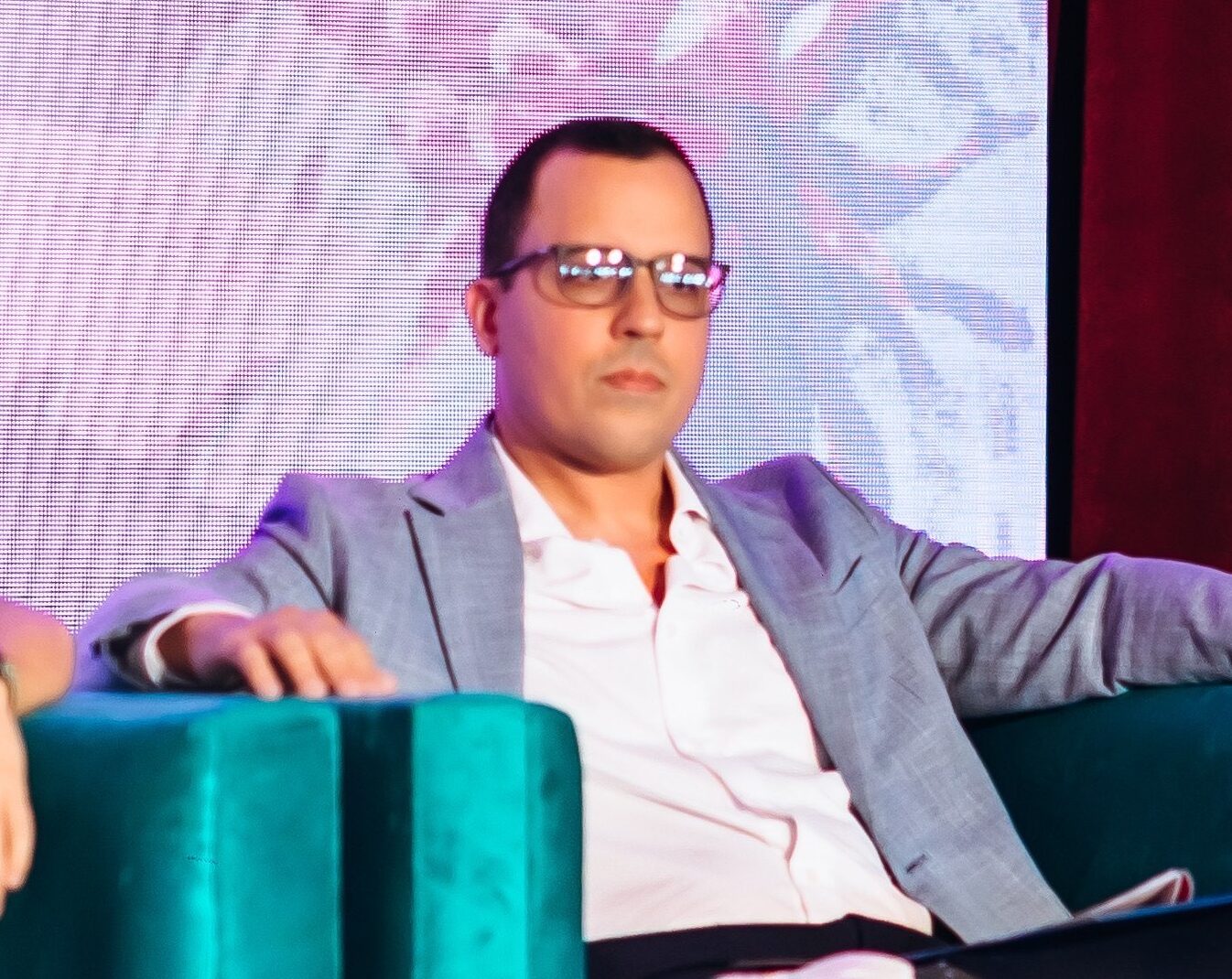

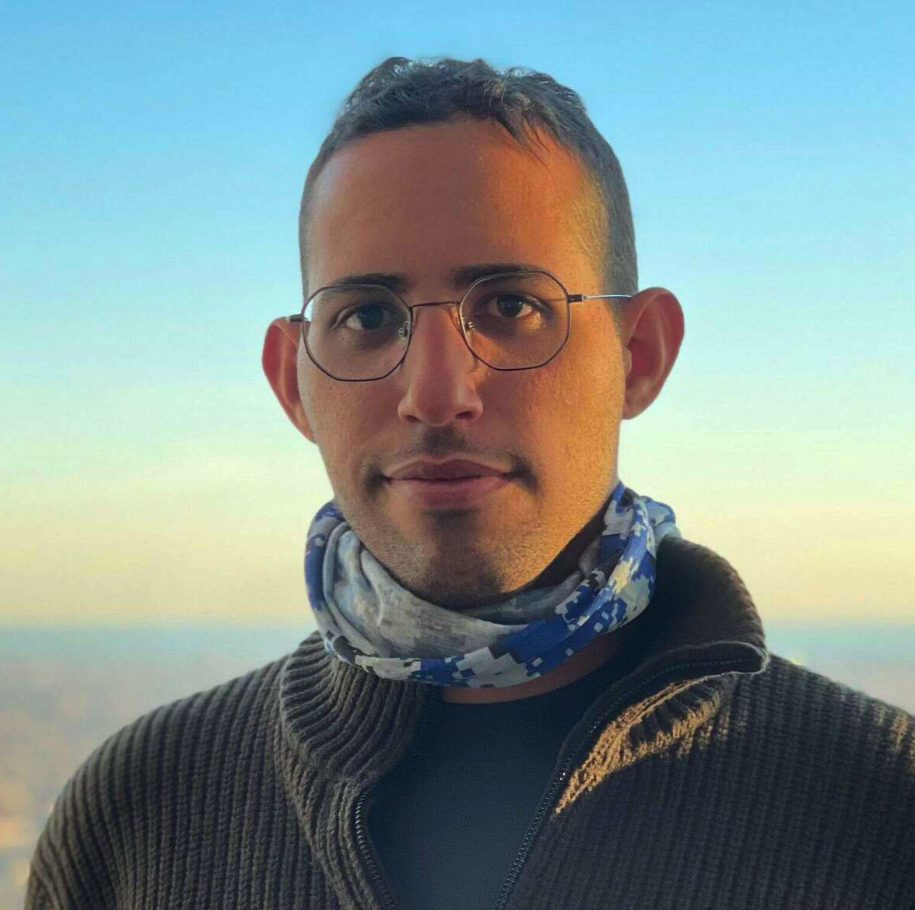
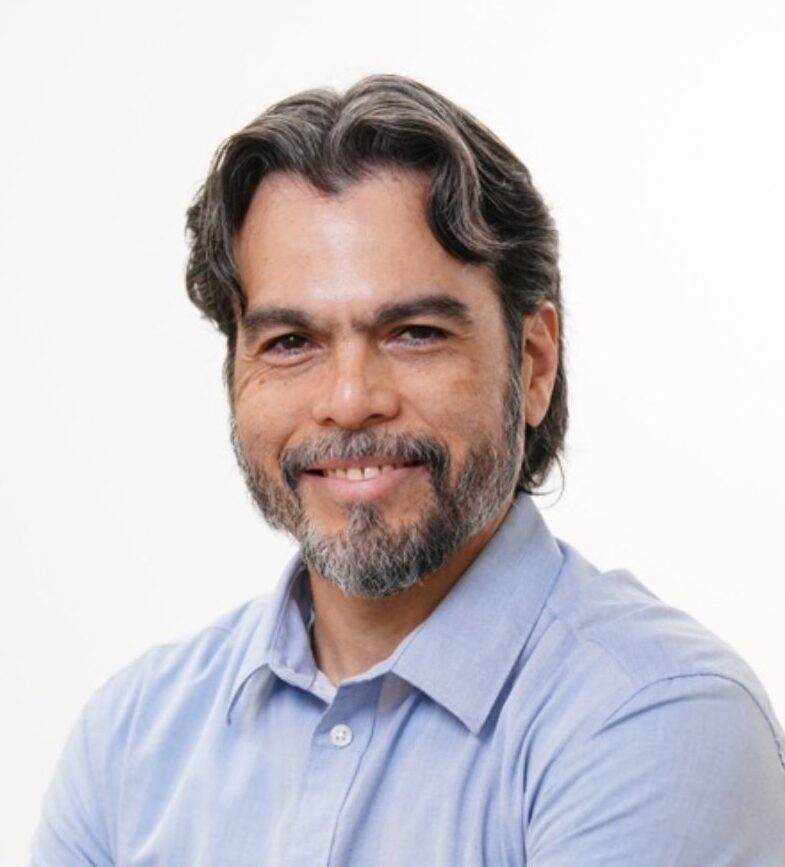
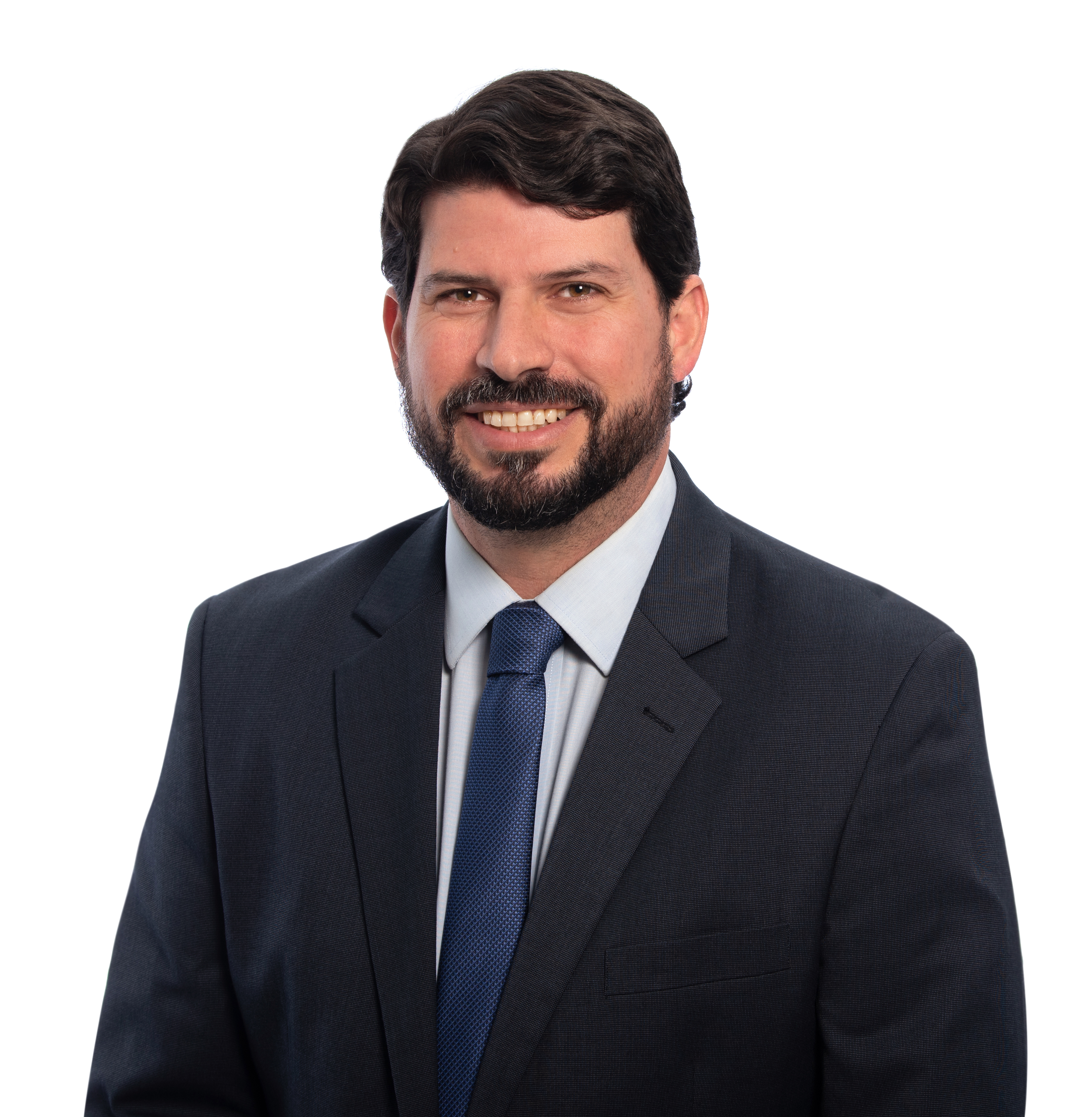
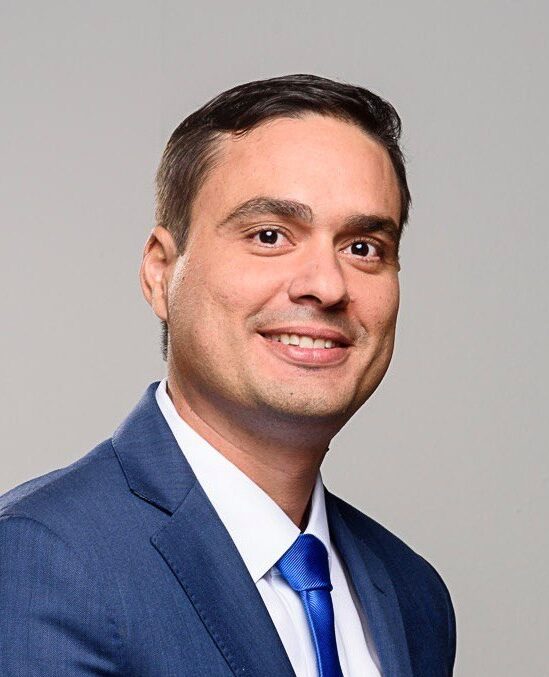
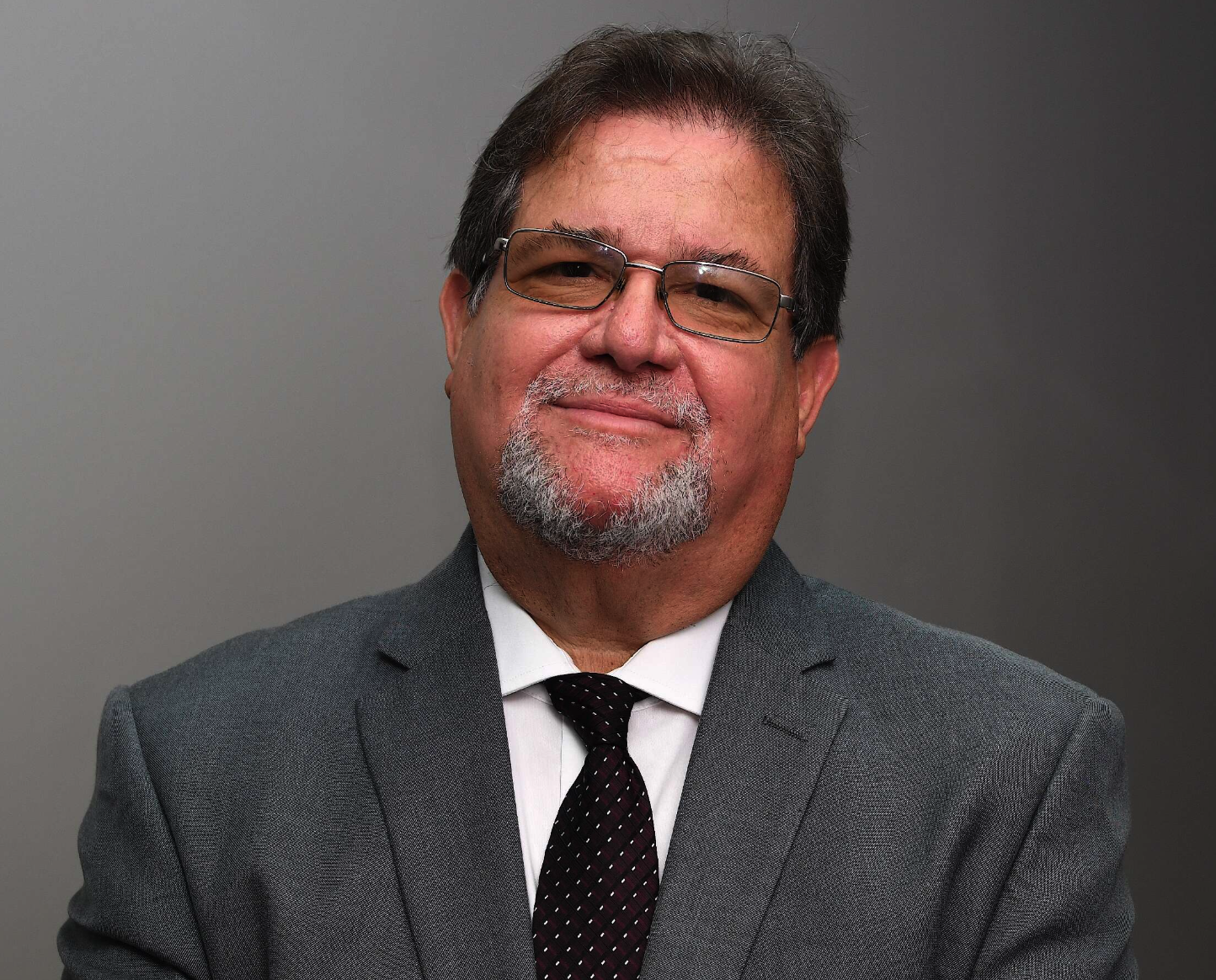
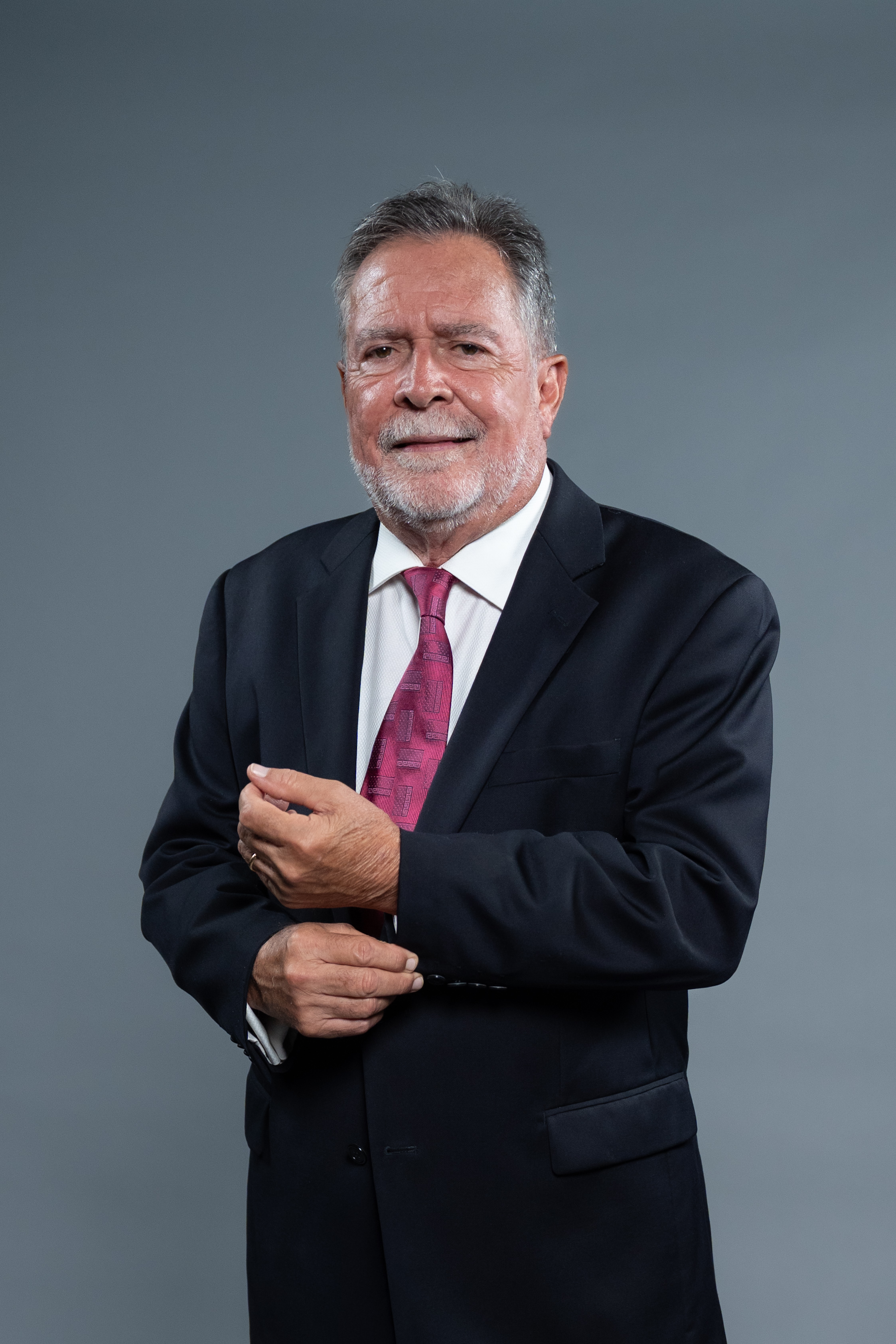
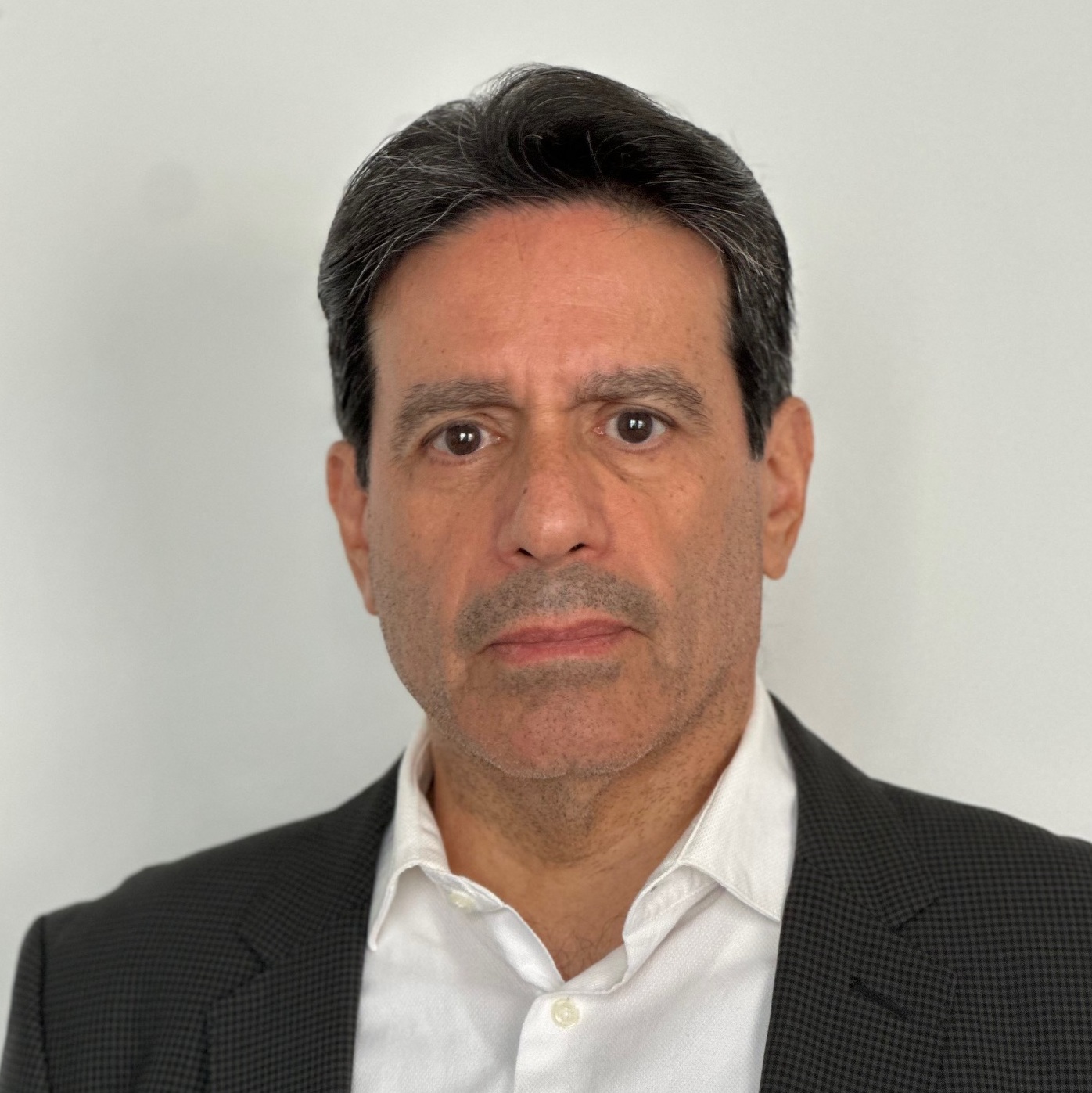
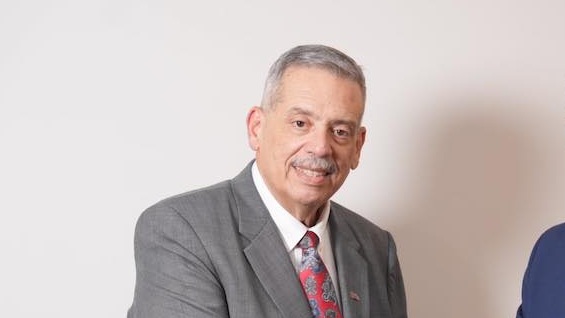
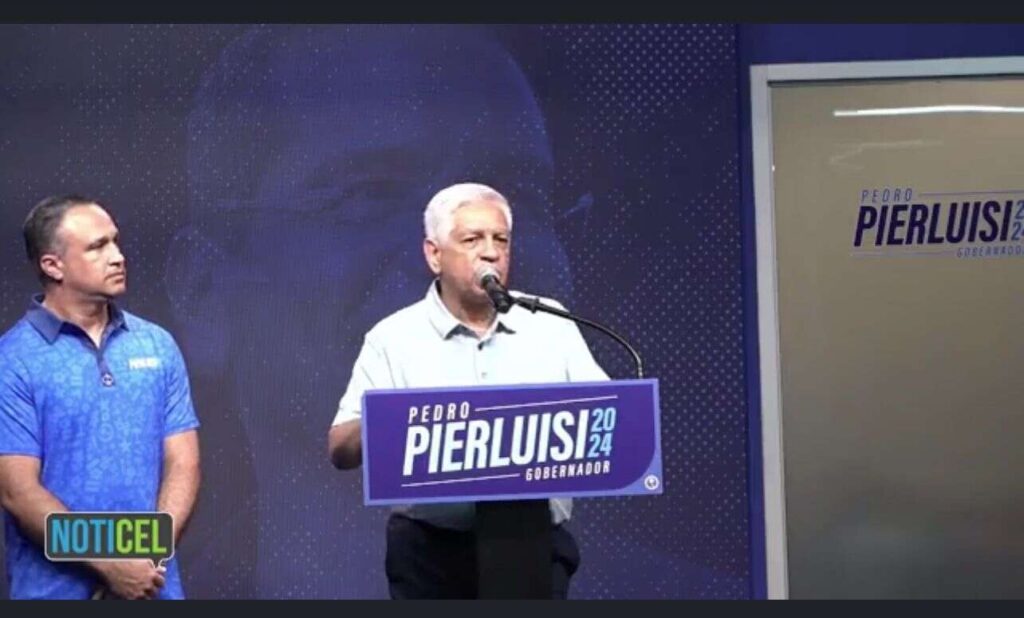

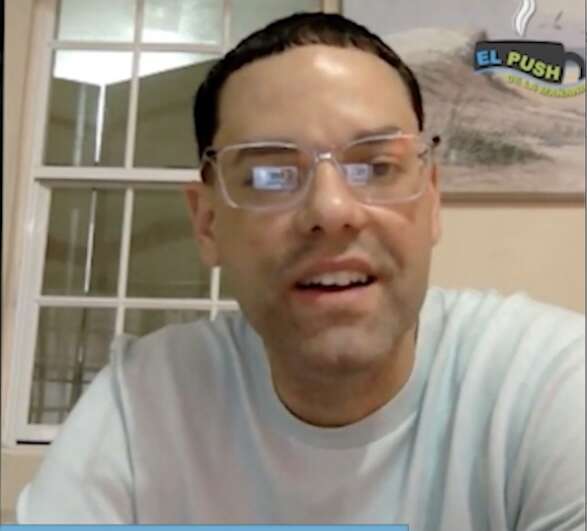
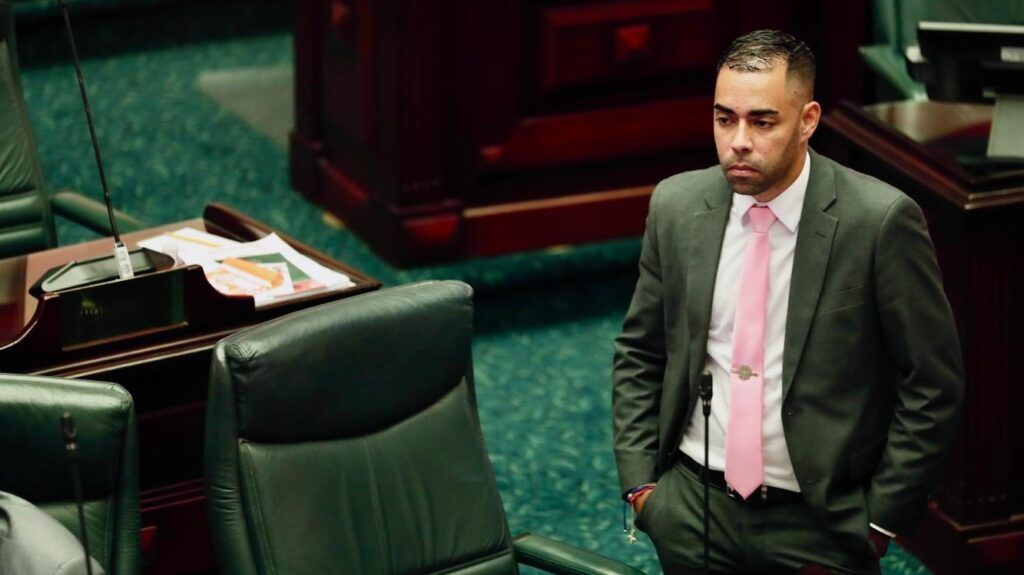


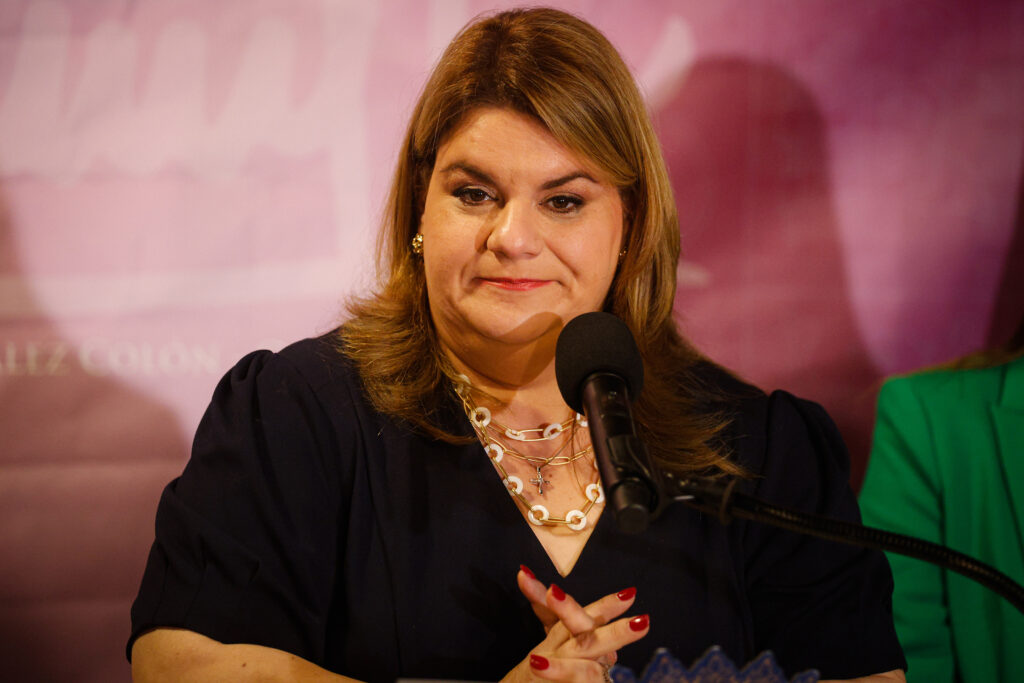

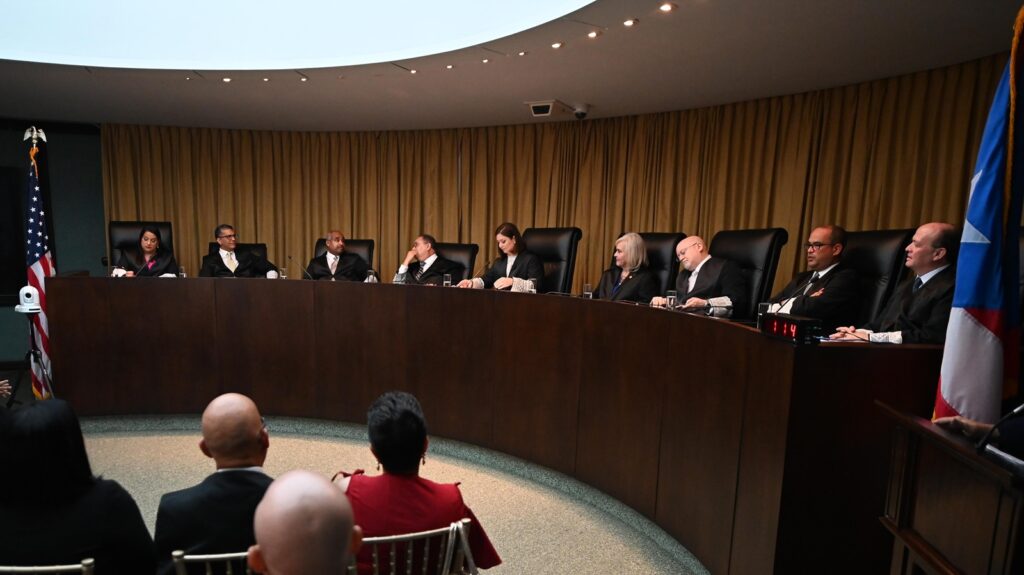
Comentarios {{ comments_count }}
Añadir comentario{{ child.content }}